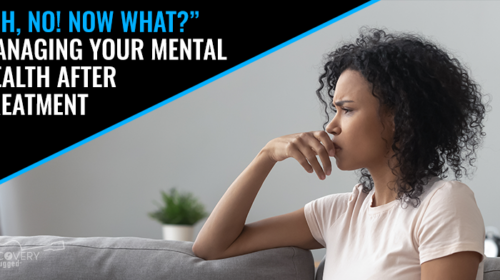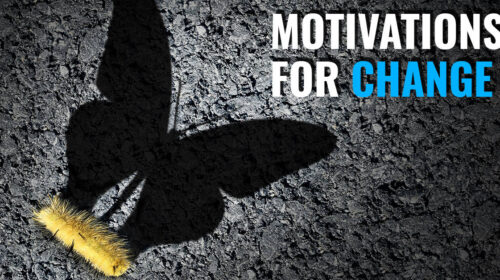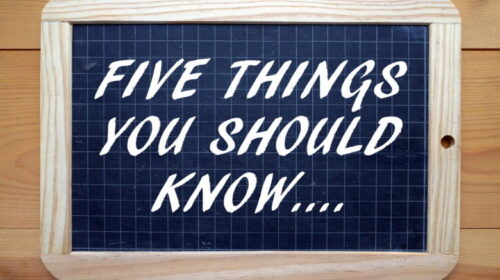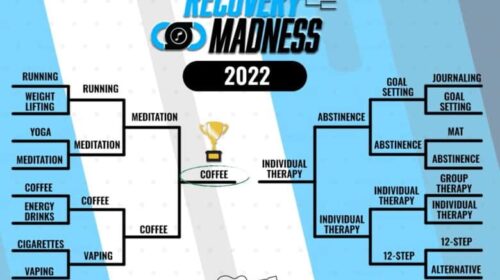Support groups and meetings are pillars of the recovery process, but it can be hard, at least at first, to know what to expect or how to fully engage with them. When you’re new to recovery, especially if you’re just getting off drugs or alcohol, it’s common to have your guard up and be skeptical of everything and everyone. Even though you know you need help, and your life has gotten out of control, you may not be willing to give control to anyone else. When you’ve struggled with addiction, and been to the places it takes so many people, the last thing you want to do is share your experiences. It’s important to realize, however, the others have been there, too.
Why Should I Go to A Recovery Meeting?
Recovery meetings are an ideal venue to begin your healing. They represent a non-judgmental forum with likeminded people who understand what you’re going through. They’re safe and comfortable places for you to admit the breadth of your problem and get insights that can help you rebuild your life. They also allow you to express your difficulties and vulnerabilities during trying points in your recovery, whether it’s issues with your family, professional hardship, relationship issues or anything else. They’re a place where you can voice your concerns, celebrate your strengths and disclose your insecurities to help people who understand your lived experience, maybe better than anyone else you know.
What Kind of Meetings Are There?
There are multiple types of recovery meetings, including religious and spiritual, secular, career-related and many others. Groups are often assembled because members share a common factor unrelated to their addiction, whether they’re part of the same faith, they’re in the same industry, they struggle with similar types of trauma or mental health issues, they’re members of the LGBTQ+ community or anything else.
Although, historically, the two main “schools” of recovery meetings have been spiritual or 12-Step (Narcotics Anonymous and Alcohol Anonymous) and secular (SMART Recovery), today there are more options than ever to help you find a community with whom you’re comfortable. There are even virtual recovery meetings for those who are uncomfortable attending them in person, whether it’s because of COVID or just because of general anxiety. It can be hard to know what to expect from recovery meetings the first few times you go, but you’ll get more comfortable and familiar as you keep going.
Getting the Most Out of Recovery Meetings
When asking what to expect from recovery meetings, consider the fact that they’re like anything else: you get out of them what you put into them. It’s perfectly natural to be anxious and reluctant your first few times, but here are some tips for getting the most out of your recovery meeting:
- Come Back – Even if you’re convinced that your recovery meeting is 100 percent not for you the first time you go, come back and give it another shot. Then come back again and again. Sometimes the only way to try something for real is to keep trying it.
- Get Involved – The next step after getting through the door is active sharing. You don’t have to share everything all at once, nor are you expected to. Start by sharing a little bit about yourself and why you’re there then offer as much or as little as you’d like.
- Get MORE Involved – As you get more comfortable, throw yourself into your group dynamic more and more. Whether you make coffee, show up early or late to help set up or take down chairs, offer to give others rides to or host gatherings at your home. Don’t do anything to put yourself out; but do as much as you can to help you feel fulfilled and present.
- Be Open to Others – Allow yourself to be supported and valued by other members of the group. This is not a sign of weakness or vulnerability; it’s a step toward growth that requires strength and emotional maturity. Sometimes the hardest thing to do is to let others in.
- Keep Going – It can be easy to think that you don’t need to attend meetings after a few years in recovery, but it certainly doesn’t hurt to keep going. It helps you stay accountable, grounded and willing to help others on your journey.
Just One Piece of the Recovery Puzzle
As important as meetings are to the recovery process, they’re only one element. Attend meetings as part of a comprehensive care program that includes medically supervised detox for acute withdrawal and/or behavioral rehab for the psychological and lifestyle impact of addiction. Treatment is where recovery starts, and your meetings are where it thrives. Start your journey back from addiction today. Recovery Unplugged offers multiple locations across the country and is in-network with most major insurance companies. Our representatives are standing by 24-7 to help you start healing today.

























